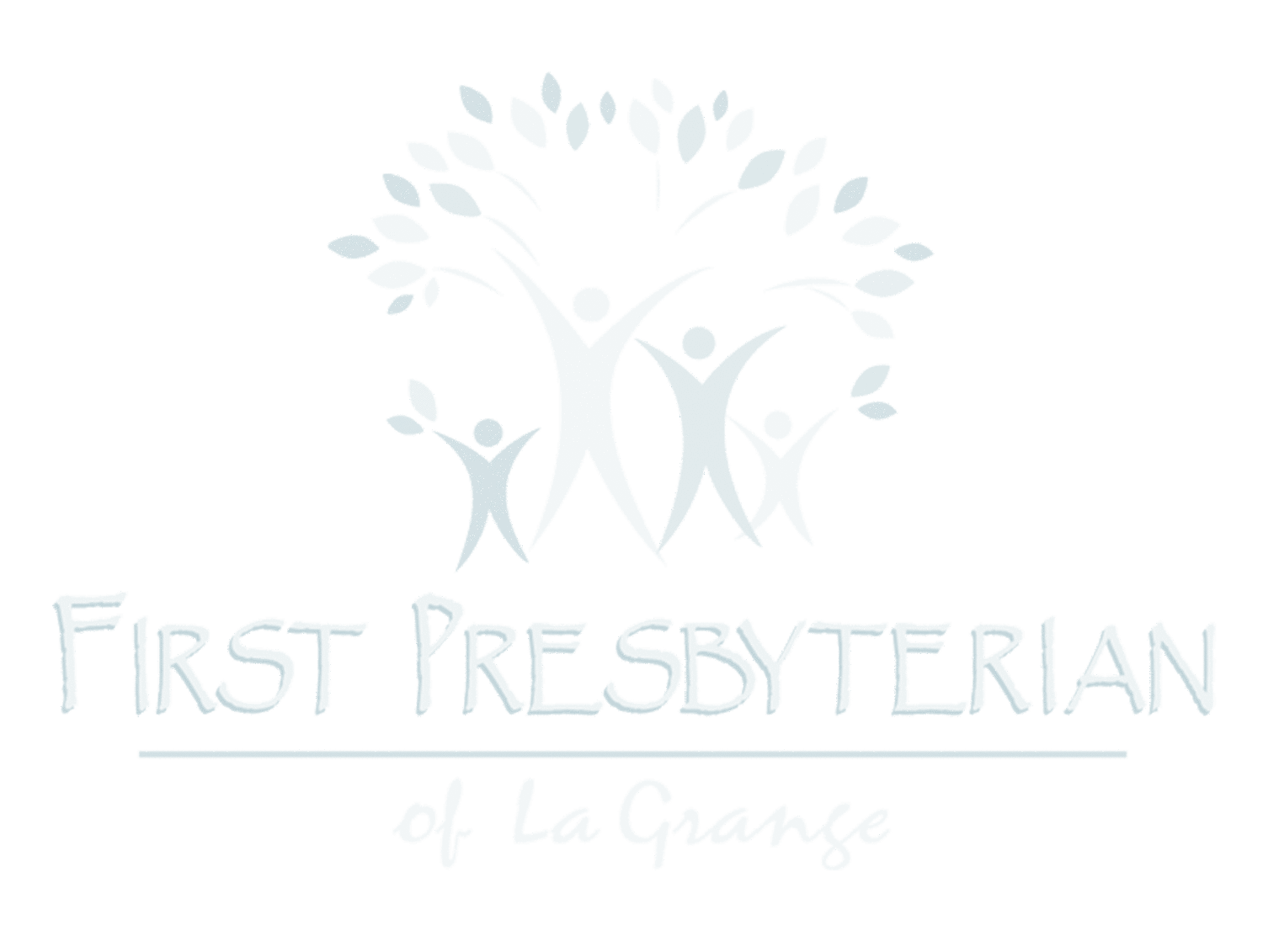The Bible, Abandoned as Literature? Nevermore!
Gentle Readers:
As I mentioned two weeks ago in my sermon, one of the best parts of my job is “sermon research.” It serves as an excuse to dive deeply into trivial pursuits without guilt (yes, that was a phrase before the popular Canadian board game was unveiled in 1981).
Just this past week I tripped over an example in exploring the phrase “balm in Gilead,” in research for my September 25th sermon. Unfortunately, it was an example I could not seamlessly work into the sermon, so, dedicated as I am to conservation of research, I’ll provide it for you here. It comes from Edgar Allen Poe’s 1845 poem, "The Raven," four stanzas from the end:
"Prophet!" said I, "thing of evil! – prophet still, if bird or devil! —
Whether Tempter sent, or whether tempest tossed thee here ashore,
Desolate yet all undaunted, on this desert land enchanted —
On this home by Horror haunted – tell me truly, I implore —
"Is there – is there balm in Gilead? – tell me – tell me, I implore!"
Quoth the Raven "Nevermore."
This is an exact reference from Sunday’s text in Jeremiah 8.22 in which the prophet laments the loss of hope, paralleled by the poem’s narrator plunging into despair at the loss of his beloved Lenore. I once had the poem memorized in its entirety but now stumble by stanza three. I think memory is sometimes akin to sports training; it gets harder each year to slam-dunk anything, and I would like to think that remembering that I used to remember a poem is like remembering I could slam-dunk a basketball, something I have no memory of ever doing…but I digress. (As an additional side reference, my favorite recitation of this poem is a dialogue version between James Earl Jones and Homer Simpson; here’s the link: https://www.youtube.com/watch?v=bLiXjaPqSyY. You’re welcome, even though this version omits the Jeremiah referencing stanza.)
The context for the poem itself is a Biblical reference, as it was a raven Noah first released from the ark in Genesis 8.6-7. The raven does not return because it could ravage the carcasses left by the receding waters of destruction. The raven flies, as it were, from Noah’s ark of protection to the desolate ark of the narrator to feed on his desperate mourning (take thy beak from out my heart…).
My musing for today is the loss for readers who have no Biblical knowledge as a touchstone to interpret the thousands upon thousands of references to scriptural themes and quotations permeating Western literature. As the Bible has moved to the margins of academic study, I fear other works and genre are poorly understood by those who have been raised illiterate of The Book’s influences.
When my brother Mark was in the second grade, his class was assigned the project of discovering homophones, words that sound the same but have different meanings. He was the only student to arrive with the three homophones: meat, meet and mete. Thank you, King James Version.
Growing up steeped in the language of King James VI (who was also James I of England and Ireland) made high school reading of Shakespeare a simple assignment. But even those who stumbleth upon the unfamiliar cadence of Elizabethan diction would do well in understanding the book of Genesis before reading Henry V, or the book of Revelation before undertaking Anthony and Cleopatra, or I Corinthians 15 before diving into Act IV of Macbeth.
So, for literature, I would commend the Bible. It’s a bit long in places, and several passages should contain trigger-warnings for those struggling with adult topics such as violence, war, sexual abuse or abandonment; it is, however, an important reference for those attempting to interpret two millennia of Western authors, including, among others, the modern writings of the likes of Maya Angelou and Gwendolyn Brooks. Important read. I give it “four stars”.
Recommending literature as if it matters, I remain,
With Love,
Jonathan Krogh
Your Pastor











Dear Second Thinkers:
From time to time, an experience occurs that causes me some regret for a musing I’ve previously written. While I will not make a full review of my erroneous confidences, today I am thinking I failed in being too dismissive of empathy. To quickly summarize my empathic dismissal, I expressed concern that empathic feelings were replacing compassionate action, and as Christians we are not compelled to merely feel bad for those suffering—we are also supposed to do them some practical good. (You may read my previous and now somewhat regrettable discussion of the topic here.)
What has compelled me to rethink the whole issue is something I never imagined, and that is a cadre of policymakers completely void of empathic guidance. In the past, public